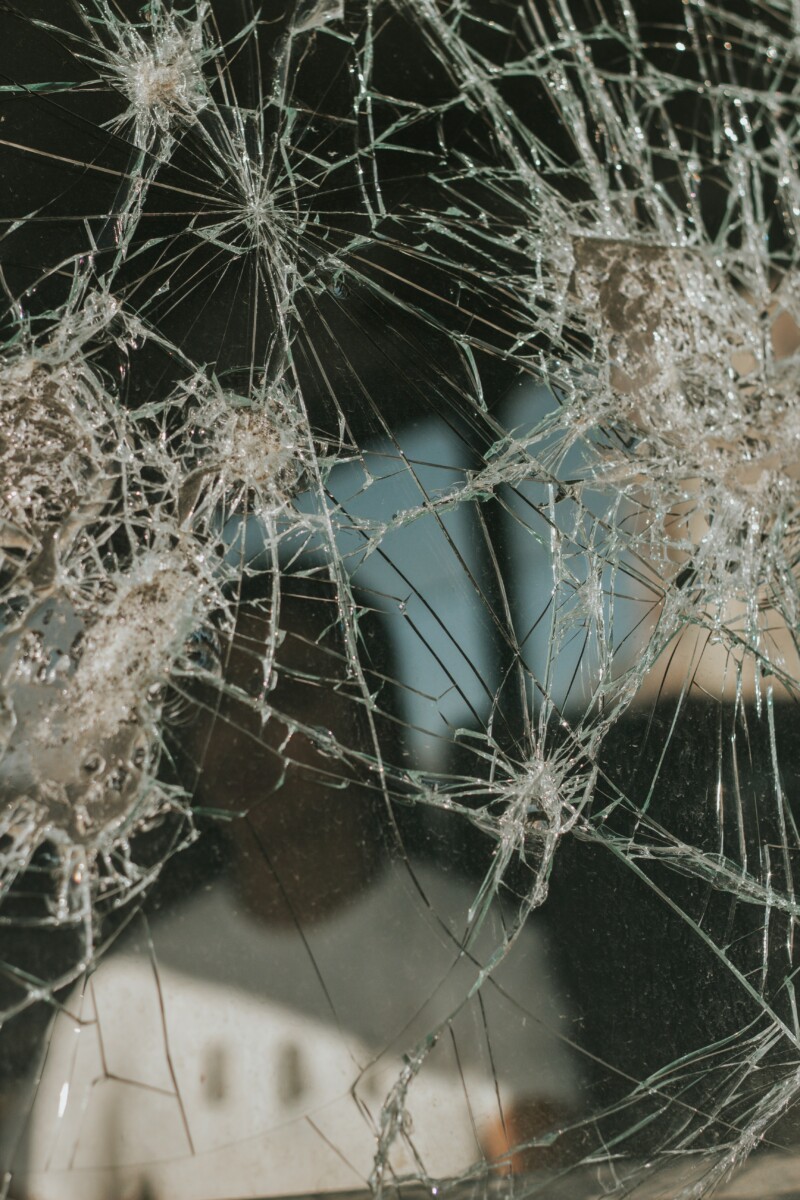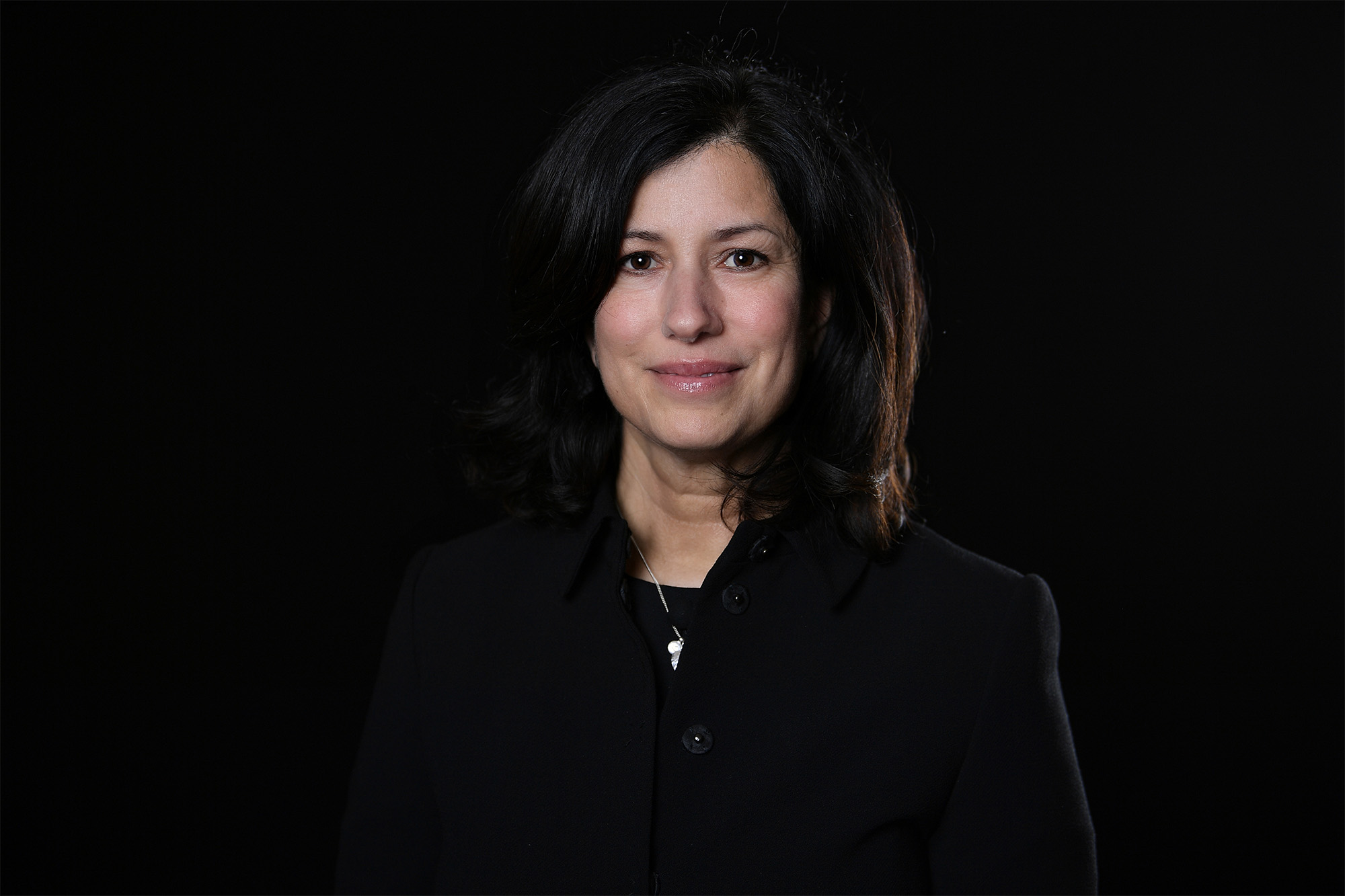The ‘Streisand Effect’ is where efforts to remove information backfire, drawing more public attention instead.
For Streisand, it was a privacy claim centred on a photograph of her Malibu residence. For Clarke, it is his recent libel claim about allegations that he was a serial abuser of women. He is one of many examples of the Streisand Effect, and won’t be the last.
In April 2021, Noel Clarke’s reputation as an actor and director was at an all-time high after receiving BAFTA’s prestigious prize for Outstanding British Contribution to Cinema. Less than 3 weeks later, The Guardian published its investigation into allegations of sexual harassment against him. His award and BAFTA membership were suspended, as was his role with his production company. His shows were cancelled – and so was he.
In the immediate aftermath, Clarke said that he was “deeply sorry” and would be getting professional help to educate himself and change for the better. Around one year later, the police confirmed that there would be no criminal investigation against him for lack of evidence. Was there a chance of long-term reputational rehabilitation at that point? Perhaps.
Fast forward another three years, allegations that Clarke is a serial abuser of woman have been upheld as substantially true. Full details of Clarke’s behaviour are now recorded in a stinging 224-page public judgment, which also declares him an unreliable witness, after a bruising six-week trial. His liability for legal costs will now likely extend to several million pounds. Any chance of reputational rehabilitation now seems dead and buried.
Why was the claim brought?
This is the first question most people ask when a claimant is unsuccessful in a high-profile libel claim.
Hindsight is a wonderful thing and only Clarke can fully answer but his public statement following the verdict which maintained inaccuracies in The Guardian’s reporting and said “I have never claimed to be perfect…But I am not the person described in these articles…Overnight I lost everything” may give some insight to his motivation.
It indicates that Clarke could not let the allegations define who he was as a person in the public eye. To do so would ruin or ignore his efforts as a successful actor and director, and his work in helping people in the film industry from underrepresented backgrounds, among other things. Clarke’s evidence at trial was that he was “not what they branded me”.
The fact that the police didn’t investigate the claims against him for lack of evidence clearly wasn’t sufficient for Clarke. Perhaps he was even emboldened by that decision into believing that The Guardian’s evidence in a civil context would also be insufficient, despite the lower evidential burden in civil cases.
While Clarke was seeking enormous damages– he sought to increase his claim from about £10 million to over £70 million during the proceedings – this was arguably not his motivation. Rather, a finding from the court to the effect that The Guardian’s allegations against him were false would have likely been Clarke’s primary objective.
Clarke may have therefore perceived that a successful libel claim against The Guardian was the only route available to properly restoring his reputation and recouping everything he felt he had lost.
With the benefit of hindsight, he would have been better to declare victory at the point the police decided not to bring charges.
A victory for investigative journalism and the victims
The Guardian was successful in both of its truth and public interest defences which were advanced in the face of serious allegations from Clarke that The Guardian and its witnesses were dishonest and had formed a wider conspiracy against him.
Six journalists at The Guardian gave evidence on the public interest defence. The extensive efforts of their reporters were praised for exercising critical reasoning, investigating, testing and corroborating information they received, and not publishing allegations which they could not substantiate. The ruling will therefore give some guidance and comfort to media organisations who are carrying out, or having to defend, investigative work in the future.
Some 26 witnesses gave evidence for The Guardian in relation to the truth defence, one of whom only decided to do so after she had been threatened with criminal action by Clarke in a misguided attempt to get her to give evidence in support of his claim.
The courage and bravery of the defence witnesses who gave oral evidence at trial on such sensitive issues, many of whom were victims of Clarke’s behaviour, was a hallmark feature of the proceedings – so eloquently put by the judge in respect of one witness as “courage is evinced not by the absence of fear but by mastering it, and Ms Powell demonstrated admirable bravery and integrity”.
Wider reflections
There are certain aspects of the Clarke trial which reflect broader lessons about the media industry and about society generally, some of which have already been shown in other high-profile cases such as Harvey Weinstein and the #MeToo movement.
There was an abuse of status by a powerful male, and unsuccessful attempts by him to portray his accusers as liars, or justify or diminish historical allegations of wrongdoing as ‘banter’ acceptable at the time.
There were victims fearful of reporting their experiences for shame or not wanting to make enemies in the industry, who were united by concerns that inappropriate behaviours would continue to go unchecked, and demonstrated such impressive courage in speaking out and then giving evidence at trial.
Finally, it was the press, and not the police, that held the wrongdoer accountable.
From a legal perspective however, Clarke’s case will likely go down as another example of the Streisand Effect and a stark reminder of the pitfalls of libel trials, where the very thing the claimant seems to complain about it upheld as true, more attention is brought to the issue and more negative information about the claimant is revealed as a result, and the claimant incurs very significant legal costs for the privilege.
Ultimately, the process of trying to restore a reputation has ended with the reputation damaged beyond repair.
For further information, please contact Hanna Basha, in the Privacy and Media department or Jamie Hurworth in the Dispute Resolution department. Alternatively, telephone on 020 7465 4300








